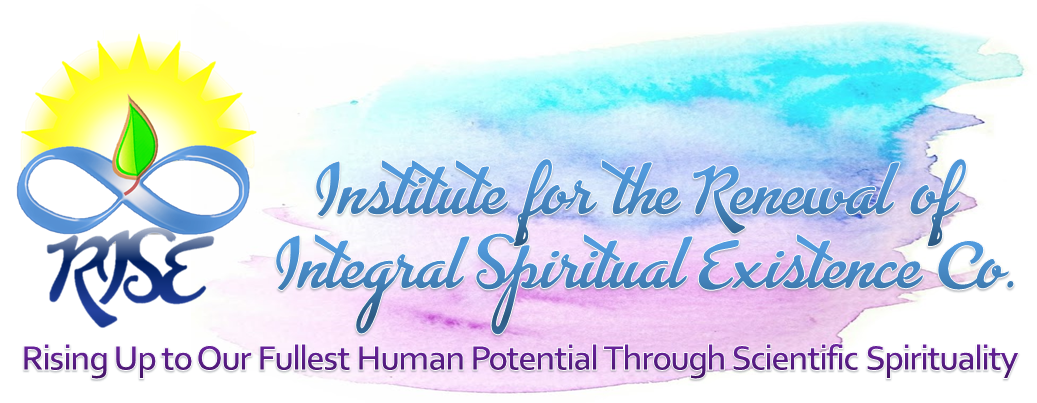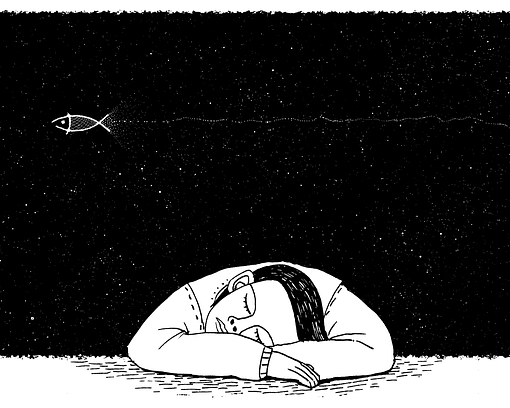The article from Verywell Mind discusses the concept of negativity bias, which refers to the psychological tendency to give more weight to negative experiences and information than to positive ones. This bias can significantly influence thoughts, emotions, and behaviors, leading individuals to focus on failures or criticisms while overlooking successes or compliments. The article explains that negativity bias is rooted in evolutionary psychology, where being attuned to threats was crucial for survival. It also highlights the impact of this bias on mental health, contributing to issues like anxiety and depression. Strategies such as cognitive reframing and mindfulness are suggested as ways to counteract negative bias and promote a more balanced perspective on experiences.
Editor’s Note: Understanding negativity bias is important because despite our societiies changing to become safer and more comfortable for human, our brains have not. Our reptilian brains have forced us to act as if we are in constant threat and we are shaping our world based on our negative bias [Remember how our consciousness can shape our realities? Read Rethinking Consciousness: The Mind-Brain-Body Connection and the Hard Problem of Awareness, Dr. Joe Dispenza: Change Your Reality, Feel It Until You Manifest It, Reality and the Emergent Self, Changing your Reality: Linguistics, Quantum Physics, and the Law of Attraction, One Field Documentary: Understanding the Nature of Reality and the Interconnectedness of All Things].
This is even more important as there is an active threat on humanity [see Understanding The Great Reset and Its Attack on Humanity: Part 1, Understanding The Great Reset and Its Attack on Humanity, Part 2: How the Different Attacks Reinforce Each Other, Understanding the Great Reset and Its Attack on Humanity, Part 3. Human Extinction]. There are malicious actors wanting to trap us in a state of constant fear [Read Fear appeal: The science of using fear to manipulate people into submission].
Fear appeal can exploit our negativity bias, often leading to heightened anxiety and stress, which negatively influence our overall physical health and mental wellness [Read about it here Happiness and health: what’s the connection?]. Bruce Lipton’s research posits that consciousness plays a pivotal role in disease manifestation, suggesting that our mental state directly impacts our health outcomes. By fostering learned optimism—an approach that encourages a positive mindset—we can activate the parasympathetic nervous system, promoting relaxation and resilience against stress-related illnesses. Thus, controlling our reactions to fear and negativity is essential not only for mental well-being but also for overall health, reinforcing the importance of cultivating a balanced consciousness in a world rife with fear-inducing messages. [Read Exploring Consciousness: Stanislav Grof’s Vision for Healing and Humanity’s Future, Transforming Society: The Need for a New Cosmology and Personal Consciousness, Human energy fields and their implications for health, How does healing happen?].
Read Original Article
Read Online
Click the button below if you wish to read the article on the website where it was originally published.
Read Offline
Click the button below if you wish to read the article offline




